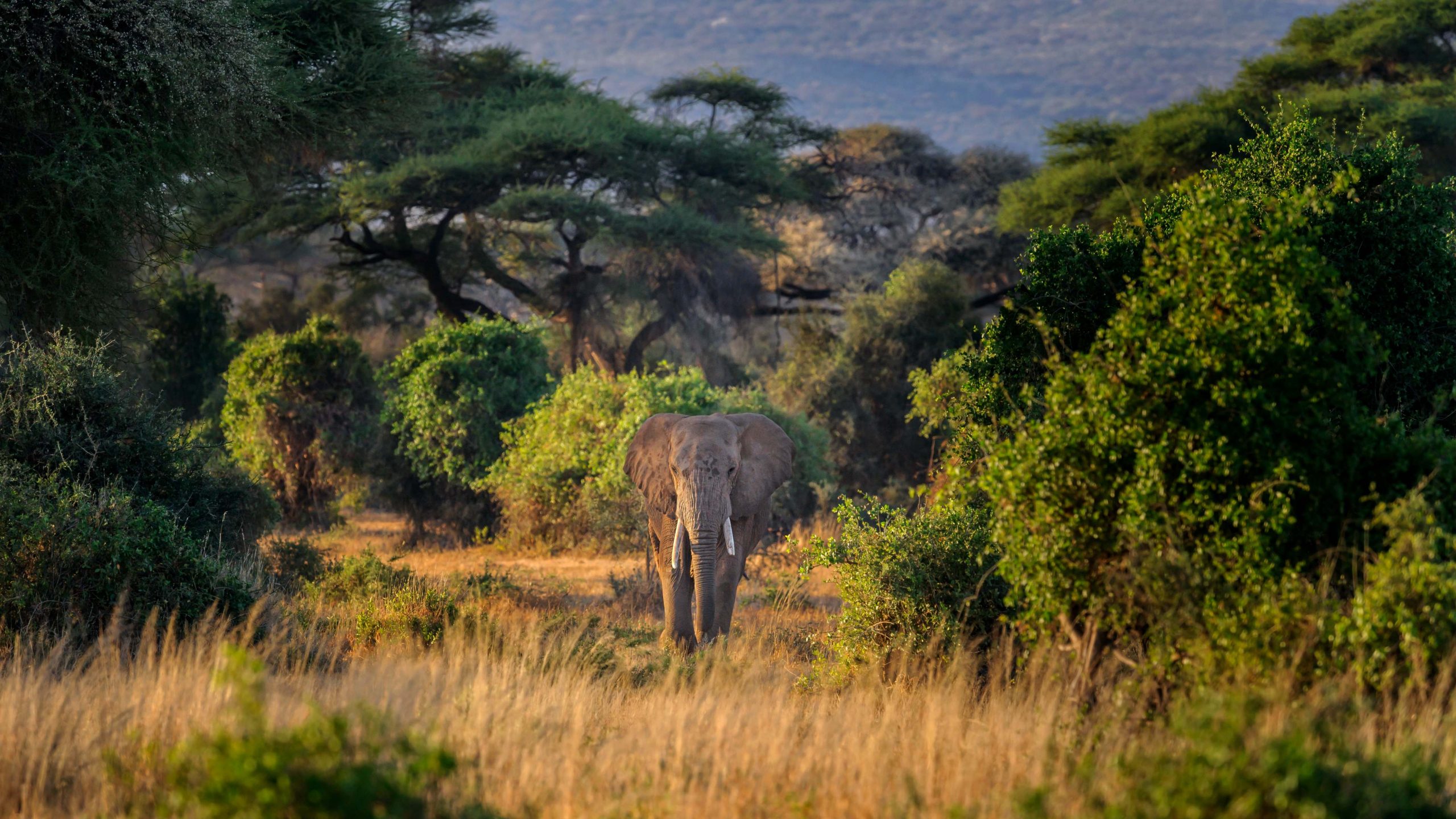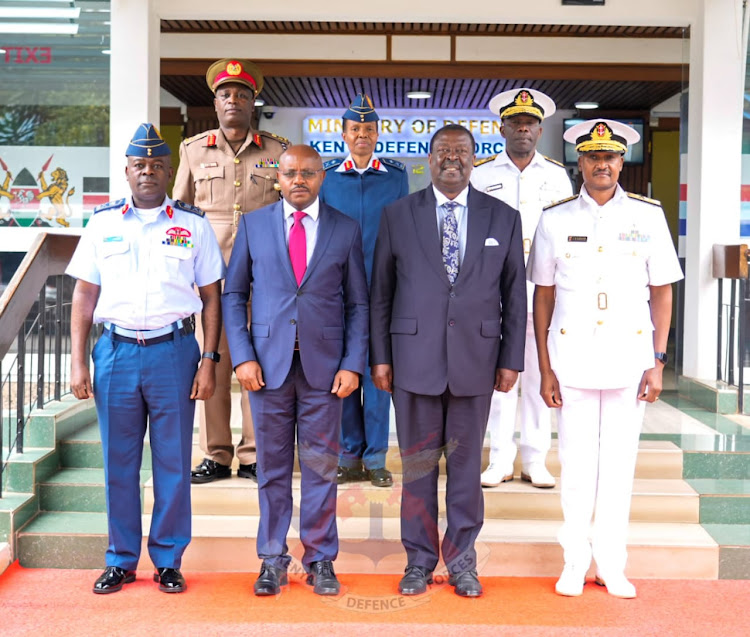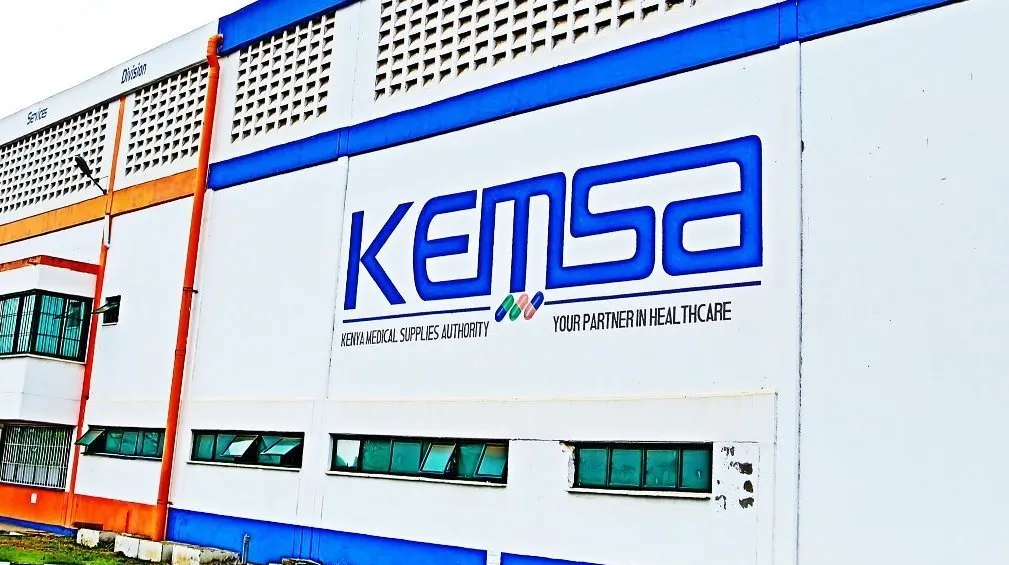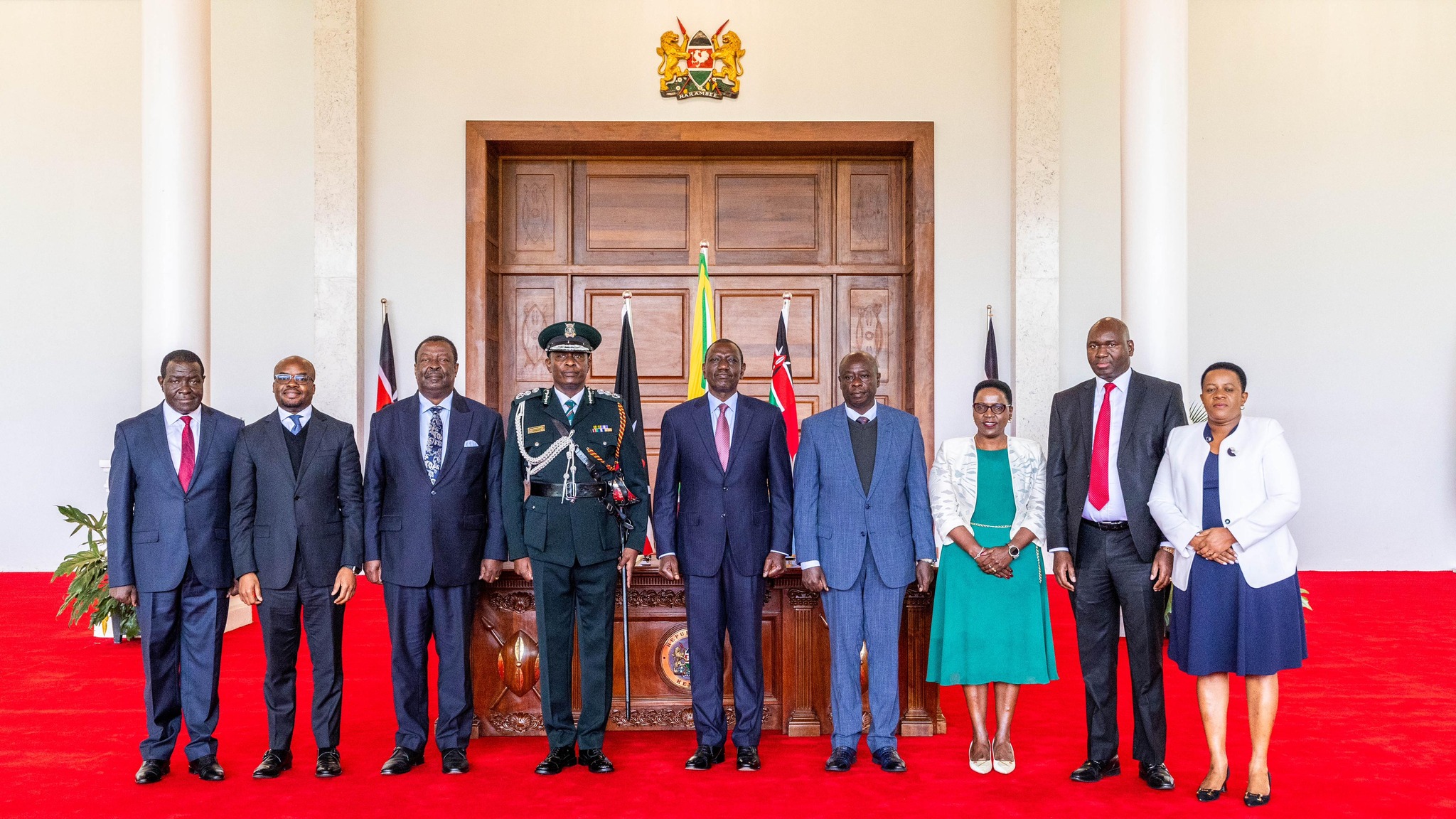
Environment PS, Eng. Ne’no earlier this past week attended the 7th Global Policy Forum on Natural Capital in Kigali, Rwanda.
The two-day meeting, hosted by the Government of Rwanda in collaboration with the World Bank, was themed, “Implementing the Global Biodiversity Framework: Leveraging Natural Capital Data, Accounting, and Analysis to Inform Policies.”
In his address, Eng. Nge’no said natural capital underpins all economic activities and human well-being, and that it is the world’s most important asset.
“Humanity’s demands on natural capital are unsustainable, resulting in biodiversity loss that affects economies, financial sectors, and human well-being,” PS Ng’eno said.
He added: “The imbalance between our demands on nature and its capacity to regenerate must be addressed urgently.”
Furthermore, the PS stated that biodiversity has not been integrated into national economic planning, budgets, or other policies that affect biodiversity in the majority of the countries.
“Where biodiversity has been included in national strategies and plans, it is often limited to a generic mention or strategic direction, rather than clear targets and actions that are required to effect real change,” the PS stated.
PS Ng’eno, said that the solution is to align finance flows with biodiversity goals, which requires policymakers, regulators, standard setters, investors, and finance providers to pay closer attention to the biodiversity impact of finance.
This aligns with President Ruto’s call to the continent as well as the world to take measures in combating the growing challenges that continue to impact negatively on people’s health and biodiversity.






